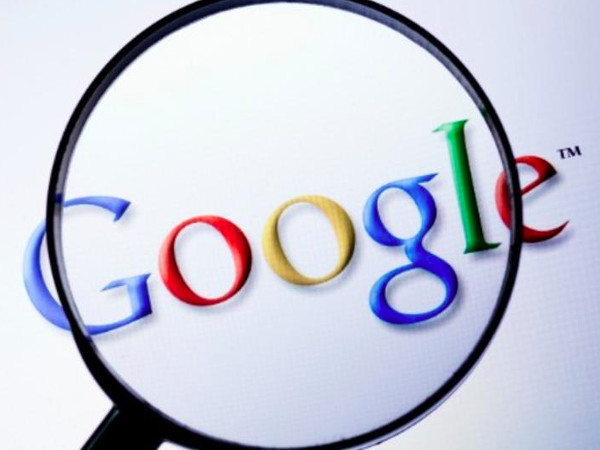
Google may be planning to flag censored search results that have been altered in accordance with Europe’s ruling last month in favor of “the right to be forgotten,” which forces Google to remove links at the request of European citizens.
Google could not be reached for comment, but reports indicate that the company may include alerts at the bottom of altered pages indicating that material has been removed at the request of a Web user. It may be similar to the way in which Google alerts users to the removal of copyright infringing material (i.e. songs and content that have been posted online and later taken down because they constitute copyright infringement).
Europe’s landmark ruling compels Google to comply with requests from European citizens to remove links that are “inadequate, irrelevant or no longer relevant” from search results. The information will still be available on the original Web page, though (so all that excitement about the possibility of getting your shitty teenage poetry taken down is misguided).
In compliance with the ruling, Google created an online form that users can fill out to request the removal of links. The company also plans to create an advisory committee to deliberate on the requests and keep the effort from spinning out of control. The committee will include Chairman Eric Schmidt and Wikipedia founder Jimmy Wales.
Since the May 13 ruling, Google has received some 41,000 requests, but it’s not all good news. CEO Larry Page said last week that a sizable chunk of those requests are related to crime. Nearly one-third are related to a fraud or scam, one-fifth are related to a “serious crime,” and 12% are related to child pornography arrests.
For example, one request came from a politician with a shady history, another request came from a convicted pedophile, and another came from a man who attempted to murder his family.
As others have pointed out, the ruling doesn’t actually do anything to protect users’ privacy—the incriminating content is still out there. Additionally, there is no government oversight to ensure that the process doesn’t simply amount to an erasure of crimes and past wrongdoings.
Larry Page has warned that the ruling could be used for “very bad things” by repressive governments (although it’s worth noting that quite a few repressive governments already censor Google search results in some way or another).
Image source: sassyjanegenealogy.com


















